
What Is a Dry Nose?
With the onset of arid and cold weather, the inside of your nose may get dry and irritated. Lack of humidity in the environment can cause dryness in the nasal passages, which can lead to congestion and crust formation.
A dry nose can also result from the use of certain medications or the development of some medical conditions.
Dryness in the nose may cause pain and respiratory problems if left untreated.
What Causes a Dry Nose?
Dryness in the nose commonly occurs due to decreased humidity levels in the surrounding environment. The following factors can contribute to increased dryness:
- Desert climate
- Excessive use of air conditioning or indoor heating
- Taking a sauna without steam
A dry nose can also occur due to:
- Medications such as antihistamines, anticholinergics, and decongestants
- Overuse of decongestant nasal sprays
- Use of tobacco, recreational drugs, cigarettes, or vape
- Sjogren’s syndrome, an autoimmune disease in which the immune system of the body attacks the mucus-secreting cells of the nose, eyes, and mouth, resulting in decreased mucus secretion and, consequently, dryness
- Atrophic rhinitis, a chronic condition with an unknown cause characterized by the formation of thick, dry crusts in the nasal cavity

Symptoms of a Dry Nose
Dryness in the nose may be accompanied by:
- Altered sense of smell
- Nasal congestion (usually in the morning)
- Swelling and redness of the nose
- Itchiness
- Pain and burning sensation
- Recurrent sneezing
- Excessive secretions
- Bleeding from the nasal cavity
- Formation of crusts
- Fissures
Self-Care Treatment for a Dry Nose
nasal dryness due to changing weather conditions can be treated using these methods:
-
Consume more water: It is important to stay hydrated to prevent drying of the tissues, especially during the cold winter months, even if you do not feel thirsty as usual.
Avoid alcoholic beverages and drinks that have a high sugar content to prevent further dehydration. -
Enhance the humidity: The arid air of the winter season can cause dryness in the nose. A bedroom humidifier can be used to increase the moisture level indoors.
The humidifiers should be cleaned twice a week to avoid the growth of mold and bacteria. Self-sterilizing humidifiers, which let you skip on the hassle of cleaning, are also available. -
Take warm baths: Steam baths or saunas increase the moisture level in the air and hydrate your skin. The increased humidity during steam baths can help to relieve a dry nose.
However, exposure to steam for very long durations should be avoided as it can cause skin dryness. - Apply natural ozonated oils:
Use coconut ozonated oil - dip a q-tip into it and then apply the ozonated oil to the inside of your nostrils. Try to apply no more than 3 times a day, and always before you go to bed.
4 Reasons to Use Ozonated Oil
- Using ozonated oil in the nose lubricates the nasal cavity and sinuses, offering protection from the bacteria, and creating a barrier against pollen and environmental pollutants.
- Practicing ozonated oil clears stagnation from dry accumulated mucous and relieves congestion, opening up the nasal passages, sharpening the sense of smell, and reactivating breathing through the nose.
- Because the nose serves as the gateway to the head, keeping the nasal passages well hydrated promotes mental clarity, sharpens the memory, and aids in creating emotional stability.
- Regular application of ozonated oil relieves dryness, nourishes the nervous system, eases tension in the head, neck, throat, and jaw, and fosters calming, stable energy.

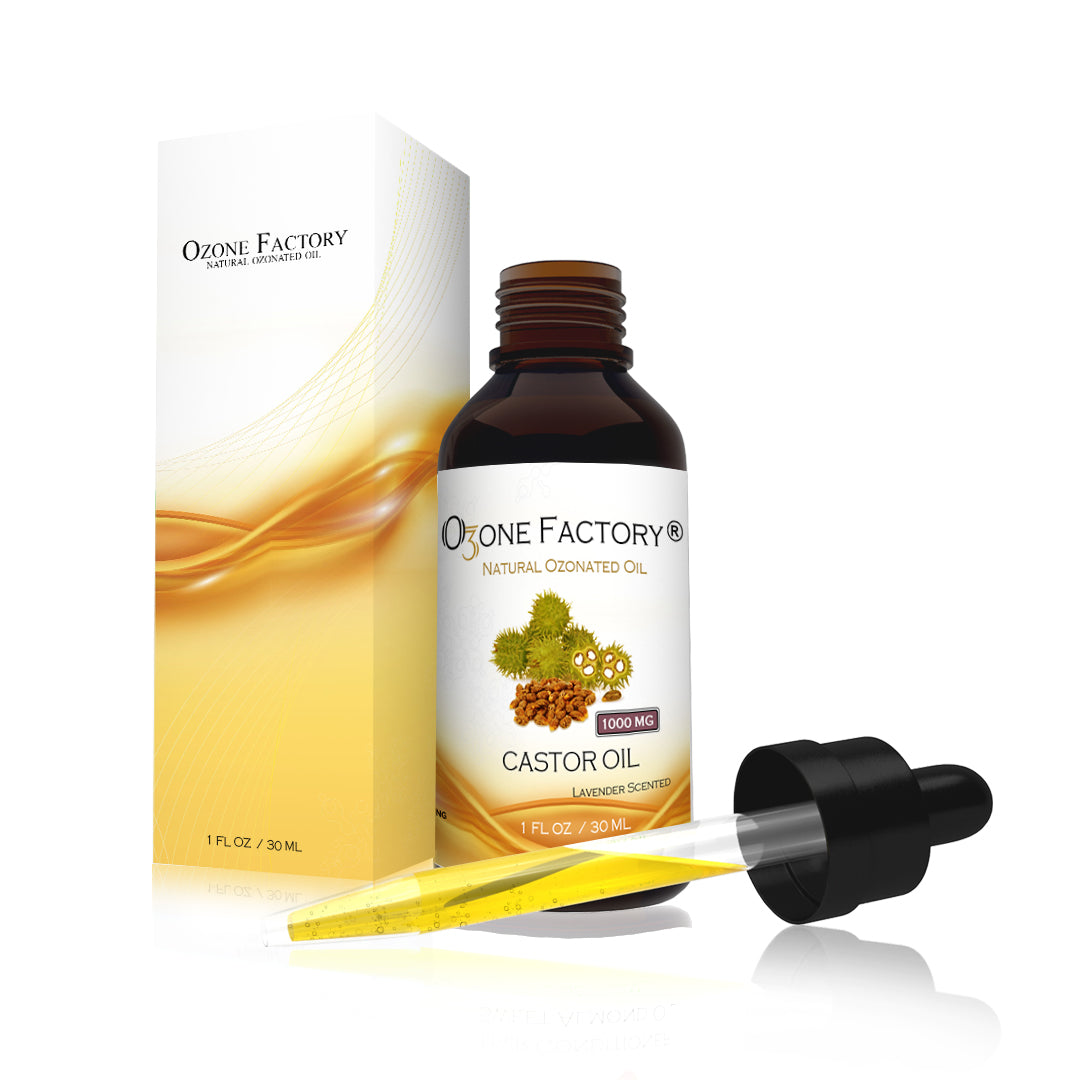
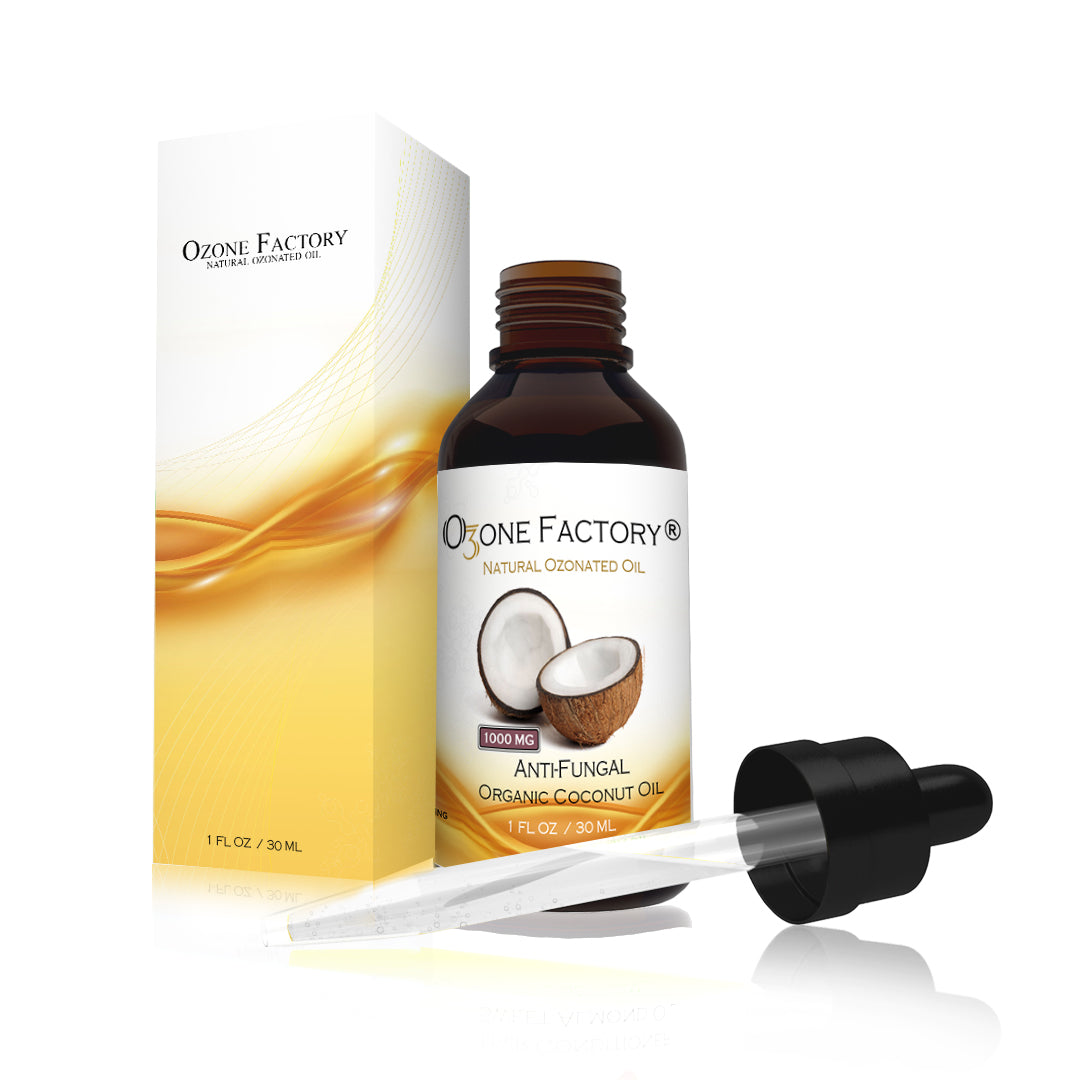

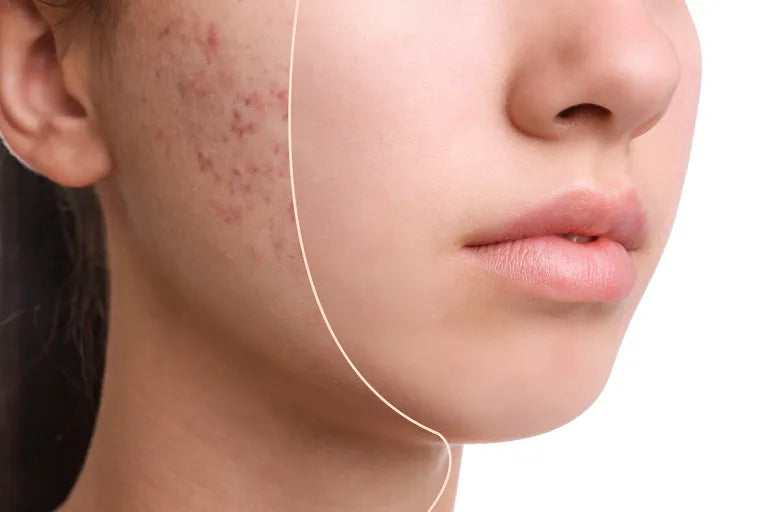
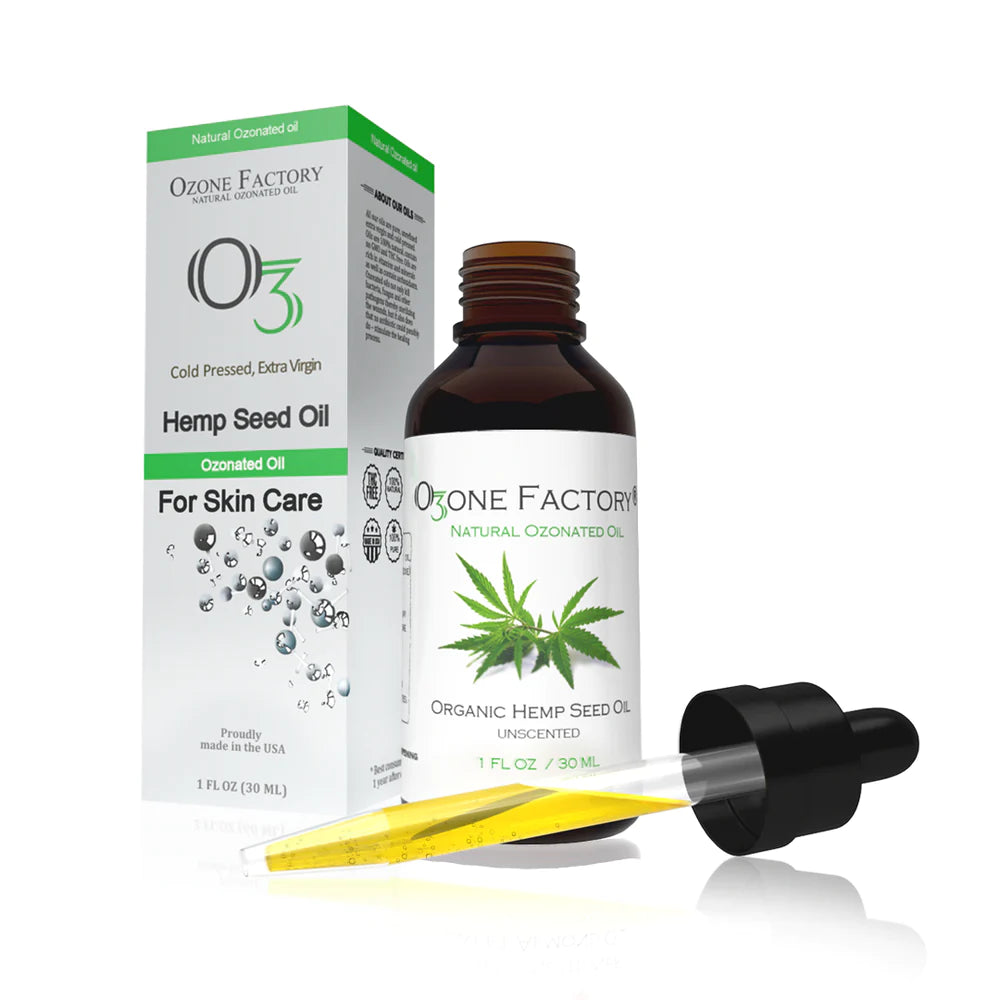
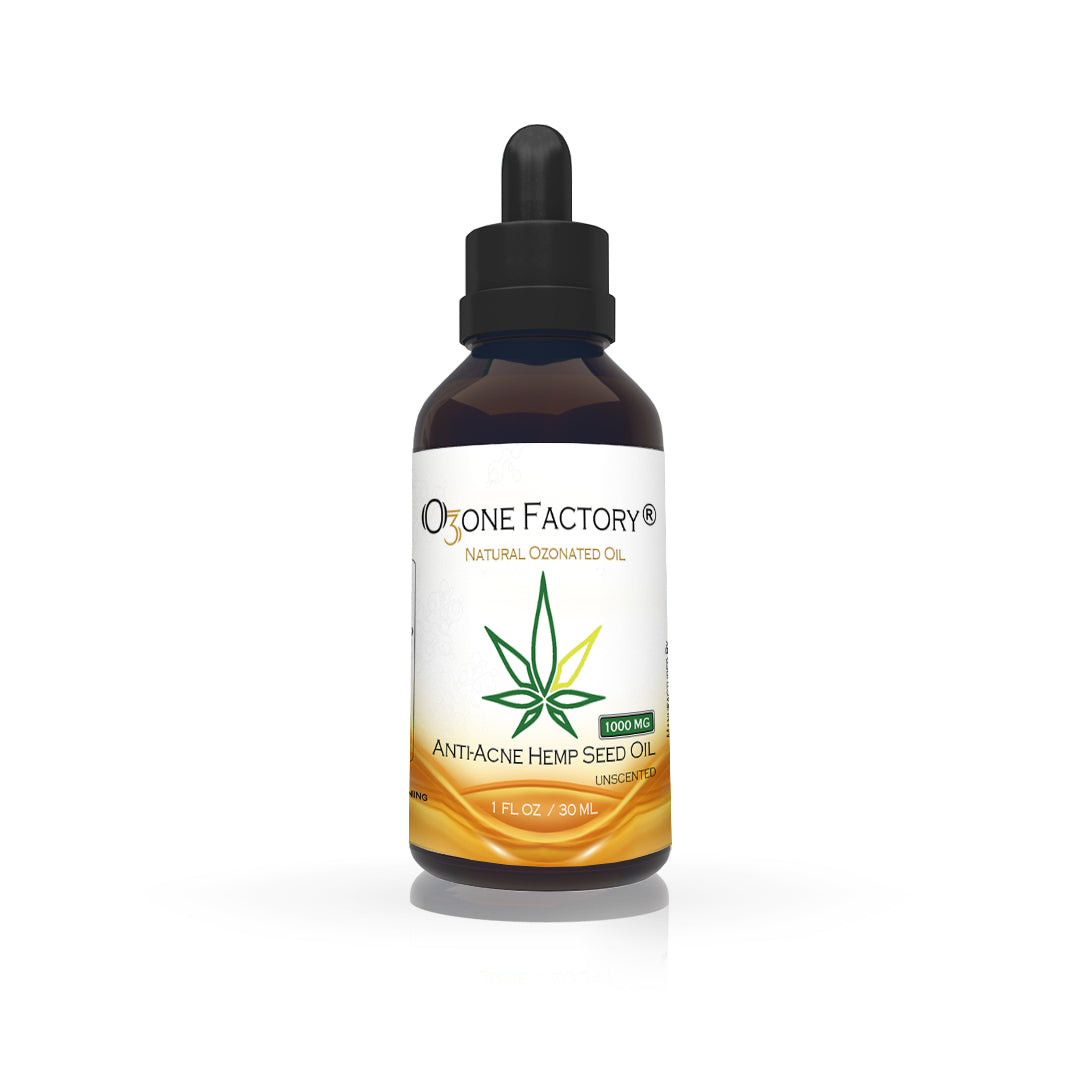
GTsxCDYgFurQMWj
xSpubIcMtefhUF